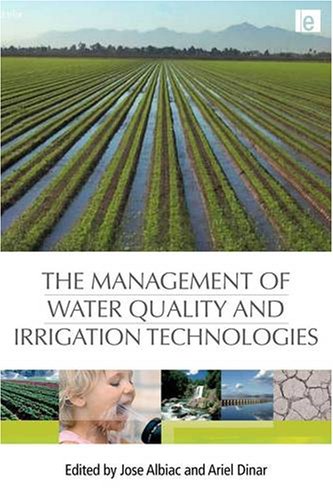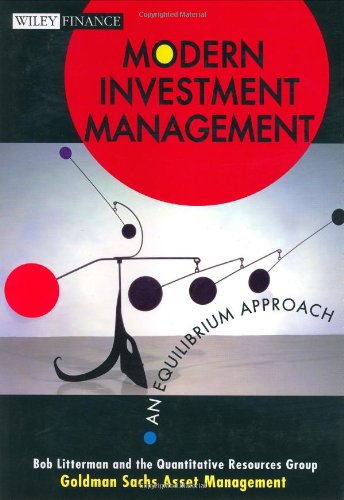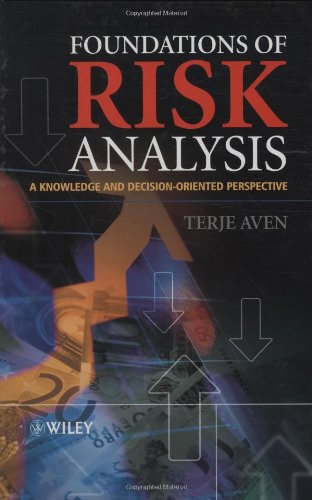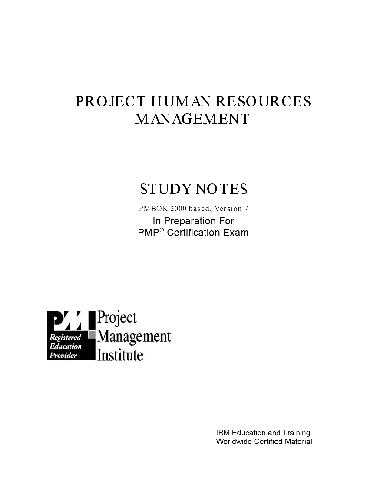Jose Albiac, Ariel Dinar1844076709, 9781844076703
As countries face deteriorating water and environmental quality as well as water shortages, pollution control and the efficiency of water use become of paramount importance. Agriculture is one of the main nonpoint polluters of water bodies and irrigation for agriculture is one of the main consumers of water. While it is very hard to regulate pollution from agriculture, attempts have been made via economic and command and control instruments, and also through investments in technologies and ecosystems recovery. Coping with non-point pollution takes the form of both policy intervention and technology development.Likewise it is recognized that irrigation efficiency varies across countries, influenced by both technology and supporting adoption policies. Countries that lead in irrigation technology and supporting policies have certain traits in common. They face very high scarcity and are pushed to find innovative solutions, both technical and policy related. The recent multibillion dollar investments in irrigation technologies in Spain and similar proposals in Australia, for example, highlight the potential of irrigation technologies to cope with scarcity and water quality degradation. This book reviews all of the above issues, presents experiences in selected countries, and assesses the degree of success of alternative policies for coping with non-point water pollution and improving irrigation efficiency. | |







Reviews
There are no reviews yet.